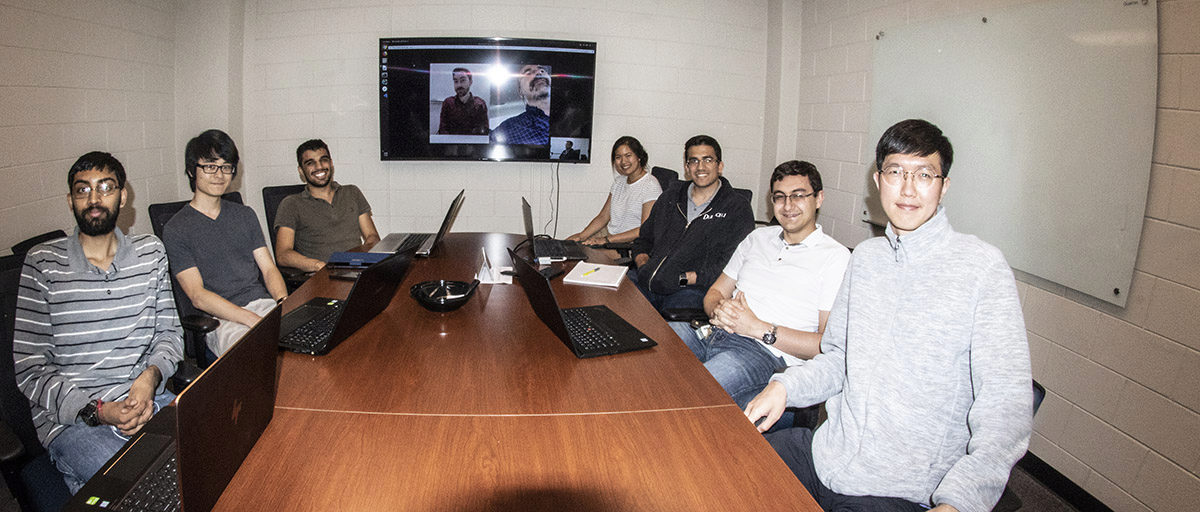 Getting Ready to Race. Members of Team Icarus, above, are prepping their AI technology for installation in a drone that will be presented to them by the Drone Racing League for the final stage of the $1 million AutoPilot Challenge sometime this fall. If you want to help the Team with their next challenge, visit the Icarus website.
Getting Ready to Race. Members of Team Icarus, above, are prepping their AI technology for installation in a drone that will be presented to them by the Drone Racing League for the final stage of the $1 million AutoPilot Challenge sometime this fall. If you want to help the Team with their next challenge, visit the Icarus website.
 |
| Manan Gandhi |
 |
| Prof. Evangelos Theodorou |
Team Icarus, a group of 10 Georgia Tech students working in Prof. Evangelos Theodorou's Autonomous Control and Decision Systems lab, has been selected to compete in the final stage of the 2019 AlphaPilot Challenge.
Sponsored by the Drone Racing League (DRL) and Lockheed Martin, the AlphaPilot competition is challenging teams from around the world to design an artificial intelligence/machine learning framework that is capable of flying a drone through challenging multi-dimensional race courses. As the drones speed through the course, there will be no human intervention or pre-programming to help them navigate. Each drone will have to employ artificial intelligence (AI) technology to independently interpret the route in real-time, leaving its architects to watch its travels from the sidelines.
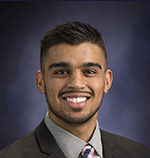 |
| Camilo Duarte |
 |
| Sam Yi Ting |
Having been down-selected from a field that originally included more than 400 teams from 81 countries, Icarus now finds itself in an elite group of nine teams that includes at least one start-up aerospace company that is working on its final submission full-time. The grand prize - $1 million -- has provided the Icarus crew with additional motivation to fine-tune their entry for the final match-up sometime this fall.
"If we win, we all want to funnel the prize money back into paying for our graduate educations," said AE doctoral student Manan Gandhi, Icarus team captain. "Right now, though, we have a lot of work to do. We are not taking anything for granted."
 |
| Keuntaek Lee |
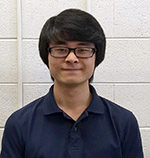 |
| Alex Oshin |
That attitude put Team Icarus in good stead during the preliminary trials, when their engineering mettle was put to the test. The first challenge was to determine how well their AI framework could 'see' the course that their drone would be taking. While the upcoming AlphaPilot finals will deliver this information via a camera that is installed on the actual drone, the qualifying tests put forward more technically challenging scenario.
"They [AlphaPilot organizers] gave us an image data set that depicted a picture of a gate. We had to find that gate in the data to prove that, when we launch our drone, we'll know where to send it," said Bogdan Vlahov. "The code will show us that it's there. Then we had to use our control algorithim to show us how to get the drone to those gates and through them."
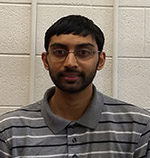 |
| Akash Patel |
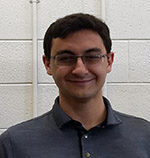 |
| Bogdan Vlahov |
The accuracy and the speed of this virtual trip were evaluated by the competition organizers to determine the preliminary rankings. Team Icarus came in at #4, insuring a slot in the final competition.
Incoming AE master's student Camilo Duarte said this test gave Team Icarus a much-appreciated opportunity to see their control control algorithim in action.
"The most important thing for what we do, in our lab, is to test it," said Duarte. "Even if we had ended up in the last position on that leader-board, we wouldn't consider it a failure if we got information from it. We knew we would benefit from testing our algorithim."
 |
| Nathan Glaser |
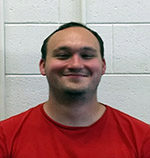 |
| Jason Gibson |
That algorithim - model predictive path integral (MPPI) - has been developed over the last five years by graduate students in Theodorou's lab.
"We're still working on it," said Gandhi. "You are always working on it."
Up until now, all of the team's trials have been run in a simulator that the DRL provided them. The course traveled by the pilot-less vehicle has been depicted in a series of images that provide an almost Hollywood-perfect experience.
In the fall of 2019, that changes.
In the Alpha Pilot finals, Team Icarus and their eight competitors will be brought to as-yet unannounced locations to install their AI technology in actual drones that will be launched in real-world races. Then, like parents bidding adieu to their first-born, the teams will step away from their handiwork and watch.
The team that performs best in this series will win more than the $1 million grand prize, however; they will be invited to pit their AI technology against human pilots in a final match-up that could net them another $250,000. This presents some hard-to-script scenarios.
"When it comes to flying drones, a human can extrapolate far better than a machine can currently, so this will be a big challenge," said Gandhi. "But sometimes machine intelligence can surprise you with the way it optimizes."
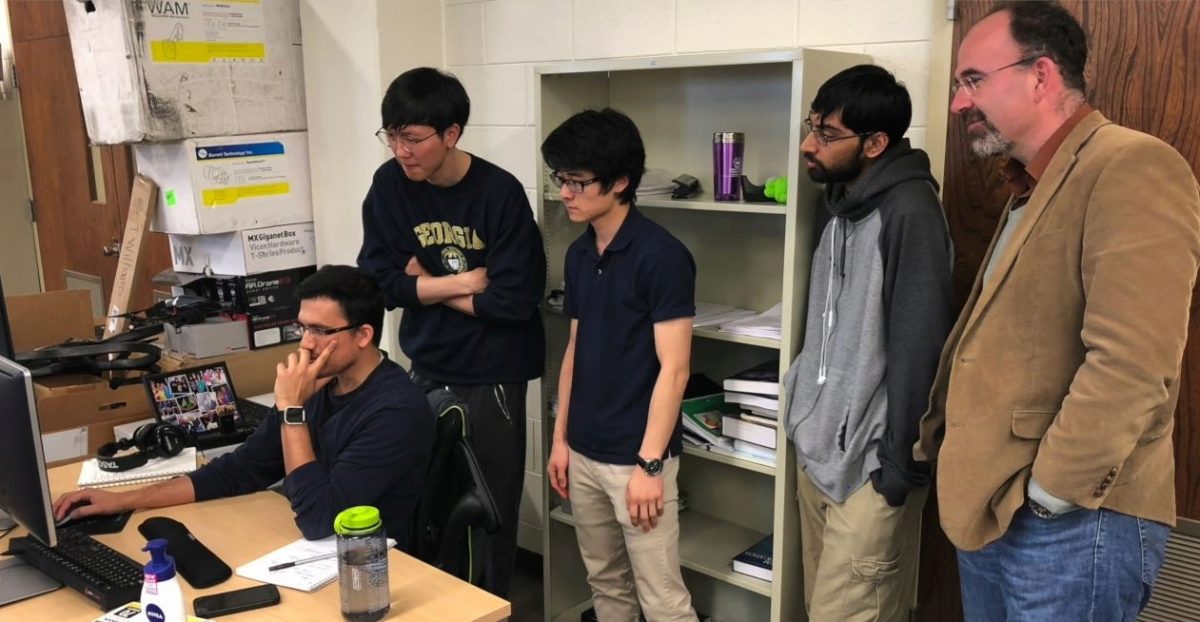 Teamwork Matters. In this video members of Team Icarus explain how they worked together to develop an entry that bested more than 400 other teams in the AlphaPilot competition.
Teamwork Matters. In this video members of Team Icarus explain how they worked together to develop an entry that bested more than 400 other teams in the AlphaPilot competition.